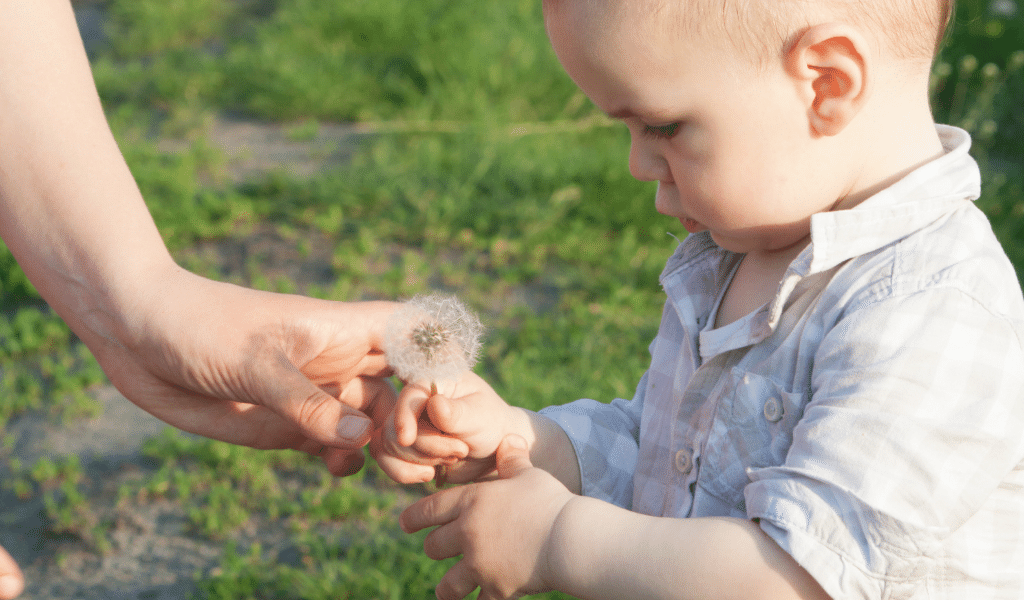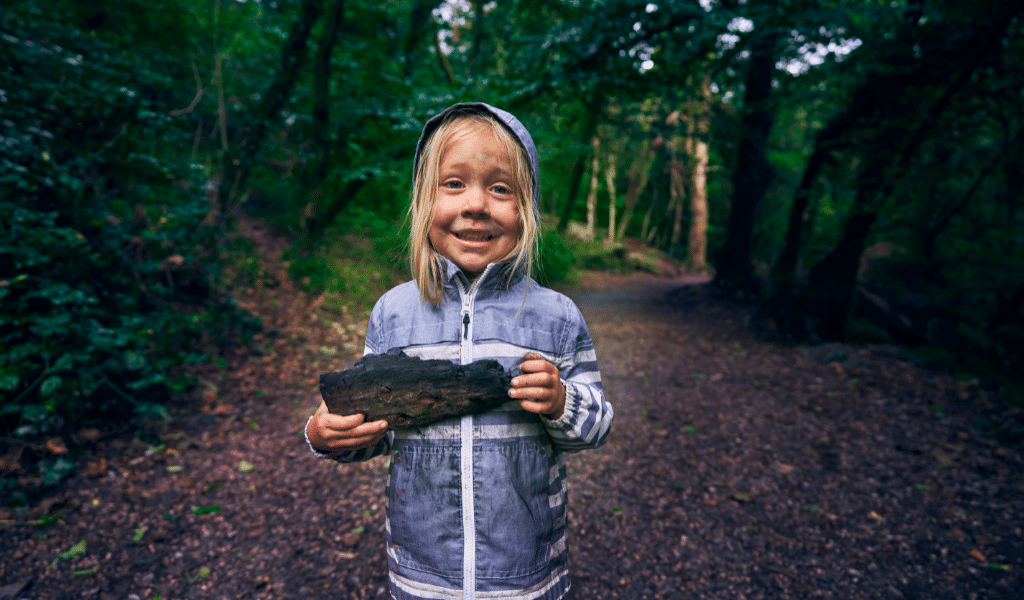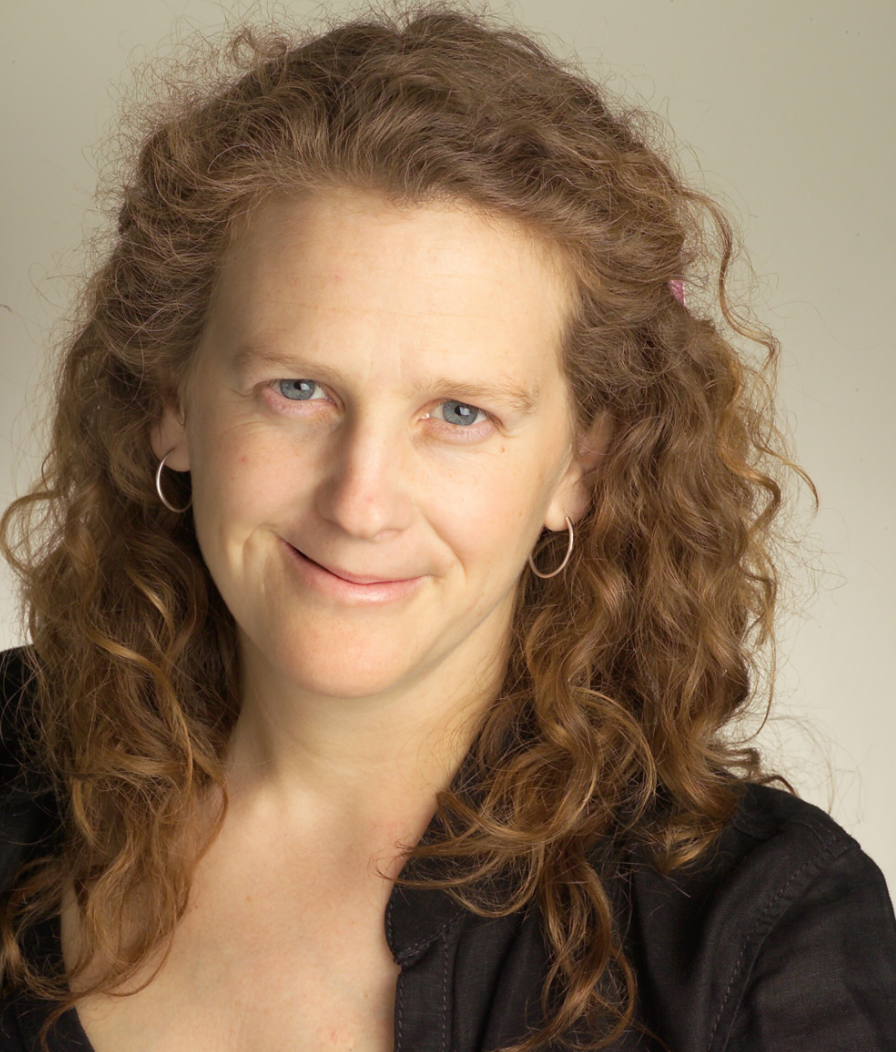Playing, especially in natural spaces, undoubtedly provides massive opportunities for learning, development and wellbeing in the early years. It is remarkable that the training of teachers still pays little attention to outdoor play and learning, when there is ample evidence to show the undisputed benefits for young people, and even the staff.
Pedagogy is not always understood even amongst teachers! According to Stewart and Pugh, pedagogy is defined as ‘the understanding of how children learn and develop, and the practices through which we can enhance that process’ (2007:9). In turn, the UK National College of School Leadership described nine claims of ‘great’ pedagogy, which included:
Robb and Cree defined ‘nature pedagogy’ as ‘the practice of teaching alongside nature and the learner’. The Forest Kindergarten Approach places nature as intrinsic to the learning process and goes even further to make it as instrumental as the practitioner. The children learn through their interaction and ongoing ‘conversations’ with natural elements. This could be the moment a drip of water falls on their face and they feel the coolness of the water, as well as the beauty of the raindrops. The seasons, the weather, the mud, the sensations – all provide ‘cues’ to the learner, who responds and participates fully in this relationship. Above all, by having access to nature, moving our bodies, lying on the ground or feet in the sand, we feel well and grounded – a moment of no-time or stress. We are co-regulated by the soft breeze and the clouds moving.

The Forest Kindergarten: Local Nature Play Approach in England has been co-developed over the last few years, borrowed from the Scottish Forest Kindergarten model. Whilst it shares many of the values and approaches from the European full-immersive experience, this approach enables early years practitioners to make the most of accessing local green spaces in urban or more rural settings.

To offer a Forest Kindergarten approach, you need to be able to site check, meet the needs of your group, follow the interests of your group, and have in place clear routines that provide physical and emotional safety. This in turn allows children to explore, be curious and take appropriate risks. After every session, review and connect what has occurred to ongoing nursery work, then backlink it to your early years curriculum and update any risk benefit assessments. Don’t forget to dry the equipment and thank any volunteers!
To find out more, you’ll be able to join our Forest Kindergarten Approach and Local Nature Play free webinar in September – stay tuned!

Marina Robb has more than 30 years experience in outdoor learning and nature connection. She is a leading Forest School endorsed trainer and practitioner and the Founder/Managing Director of The Outdoor Teacher and Circle of Life Rediscovery, both leading organisations that aim to transform education and health through nature. She is the co-author of ‘Learning with Nature’ and ‘The Essential Guide to Forest School and Nature Pedagogy’.